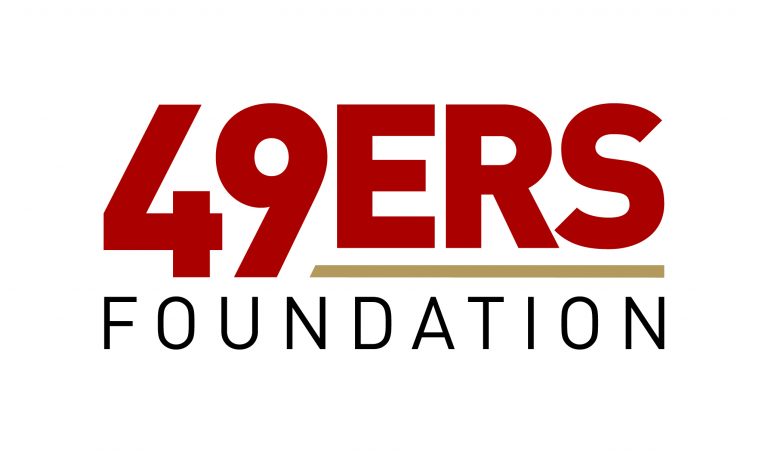
Website: http://www.elizabethstonehouse.org/
Mission: The Elizabeth Stone House partners with adult and child survivors of domestic violence and related trauma – mental illness, housing instability and substance misuse – to achieve safety, stability, and overall well-being, thereby contributing to the strength, resiliency, and health of the community we serve.
RELEVANCE
How does your organization strive toward the attributes associated with Relevance?
Since 1974, The Elizabeth Stone House (ESH) located in Roxbury, has provided direct service to adult and child survivors of domestic violence (DV) by providing a safe space, trauma counseling, housing, child care, job training support and other tools to support financial literacy and physical and mental well-being. ESH served over 700 adult and child survivors in FY2018 either as residents of its emergency shelter and/or transitional housing apartments, or as community members receiving support services. But, there were almost 19,000 calls to the Boston Police Department for DV related incidents in 2017; 9,000 of those calls were in the catchment area served by ESH: Mattapan, Roxbury, Dorchester and Jamaica Plain.
With the completion of a new building scheduled to break ground in 2019 and to open in 2020, ESH will serve over 2,000 survivors annually. Since ESH is embedded in the Boston communities most affected by reported domestic violence, it is on the front line of service to survivors of this complex, insidious and stigmatized issue. To assure continued relevance of service and access to survivors, ESH sponsored or participated in 60 community outreach/educational events (five a month) in FY18.
IMPACT
How does your organization strive toward the attributes associated with Impact?
The Elizabeth Stone House helps DV survivors save their own lives, their families and their futures by providing comprehensive, evidence-based, integrated services designed both to ensure their immediate safety and to provide counseling and other tools to stabilize their personal lives, strengthen their families, take control of their finances and find a safe, stable place to live.
Because we use a trauma informed approach, clients define overall program success for themselves and set their own life goals with coaching from case managers. That means that much of case management time is spent examining client goals, strategizing on ways to meet them and actively engaging with the client in the steps required to meet goals. As a result, a case manager’s week can include appearances in court, meetings with DCF workers, negotiations with landlords and advocating at DTA – all of which are monitoring opportunities that provide case managers with a clear perspective on the individual progress that clients are making.
ESH also monitors survivor enrollments both in programs and in specific services, the level of client engagement, the quality of relationships with case workers and increases in knowledge or understanding. ESH uses a combination of data points (enrollments, housing placements, budget completion, etc.), individual satisfaction surveys and client self-reporting to assess individual progress. In addition, ESH’s government funders have extensive data collection and reporting requirements which help us evaluate the quality of our work.
SUSTAINABILITY
How does your organization strive toward the attributes associated with Sustainability?
The Elizabeth Stone House is on the cusp of a new era in its ability to provide services to more adult and child survivors of domestic violence. ESH will break ground in 2019 on a new building that will provide new housing options, child care, trauma counseling and wellness services to more than triple the number of client served in 2018.
Funding for both the capital project and the ongoing operational/program expenses comes via a combination of government contracts, grants, corporate support, and foundation and individual donations. The diversification of funding streams is by design and the combination has proven a successful model for forty-four years. ESH has a modest annual operational budget of $2.4 million dollars and the Board and Management Team have spent the past year developing a plan to add key staff and has enlisted the aid of planning consultants to ensure a smooth transition to the expanded program. ESH has been thoughtful in strategizing how to gradually but purposefully ramp up staff, programs and resident numbers once the new space is completed. The staff of ESH know that there will be challenges, but are are open to finding new paths forward through expanded funding strategies, more staff training, better use of community resources and expanded collaboration with other non-profits and government agencies. Resilience is the key asset of both the Elizabeth Stone House and the clients we have the honor to serve.
EXCELLENCE IN MANAGEMENT AND OPERATIONS
How does your organization strive toward the attributes associated with Excellence in Management and Operations?
- The 11-member ESH Board, which has scheduled meetings nine times a year, reviews monthly financial statements prepared by an outside agency (Non Profit Capital Management, Inc.), reviews and approves ESH’s annual audit conducted by Smith, Sullivan and Brown PC and conducts annual evaluations of the Executive Director, which the Board is also responsible for hiring.
- The staff of ESH is a majority minority model, with many staff members residing in the communities and neighborhoods served by ESH.
- ESH carefully cultivates, supports and publicly identifies board members and executive staff.
- ESH uses best practices for determining fair pay, is audited annually and is an ADP partner, enabling staff to receive HR, payroll services and flexible, generous benefits, comparable to or better than those of larger organizations.
- Management staff meet weekly and all staff meet bi-monthly to provide critically important feedback, contribute to future planning, continue lifelong learning and provide the best service possible to our residential and community clients.
HOW DOES YOUR ORGANIZATION ENGAGE YOUNG PROFESSIONALS / EMERGING LEADERS?
In addition to engaging young professionals via internships, various fundraising opportunities and events, board membership and offering volunteer hours to support the upkeep of its physical plant, ESH has benefited by an annual volunteer event known as Wilderness Heals, wherein young and seasoned professionals and emerging leaders participate in a pledge hike that builds and engages a community of supporters to raise money for ESH families and individuals. As ESH’s largest volunteer event and fundraiser, Wilderness Heals is a three-day, 50 person all-female hike which covers several parts of New Hampshire’s White Mountains and raises crucial, flexible funding that helps meet the needs of ESH families. Many of the hikers who participate return year after year, enthusiastically promote the hike to other colleagues and family members and, in 2018, raised over $200,000 by their efforts. There was a waiting list in 2018 for hike slots and ESH is considering how to expand the Wilderness Heals hike while maintaining it’s intimate, nurturing and community feel. ESH has also added several young professionals to it’s board of directors and is looking to create and promote an advisory board of young professionals to further support the efforts of ESH.





